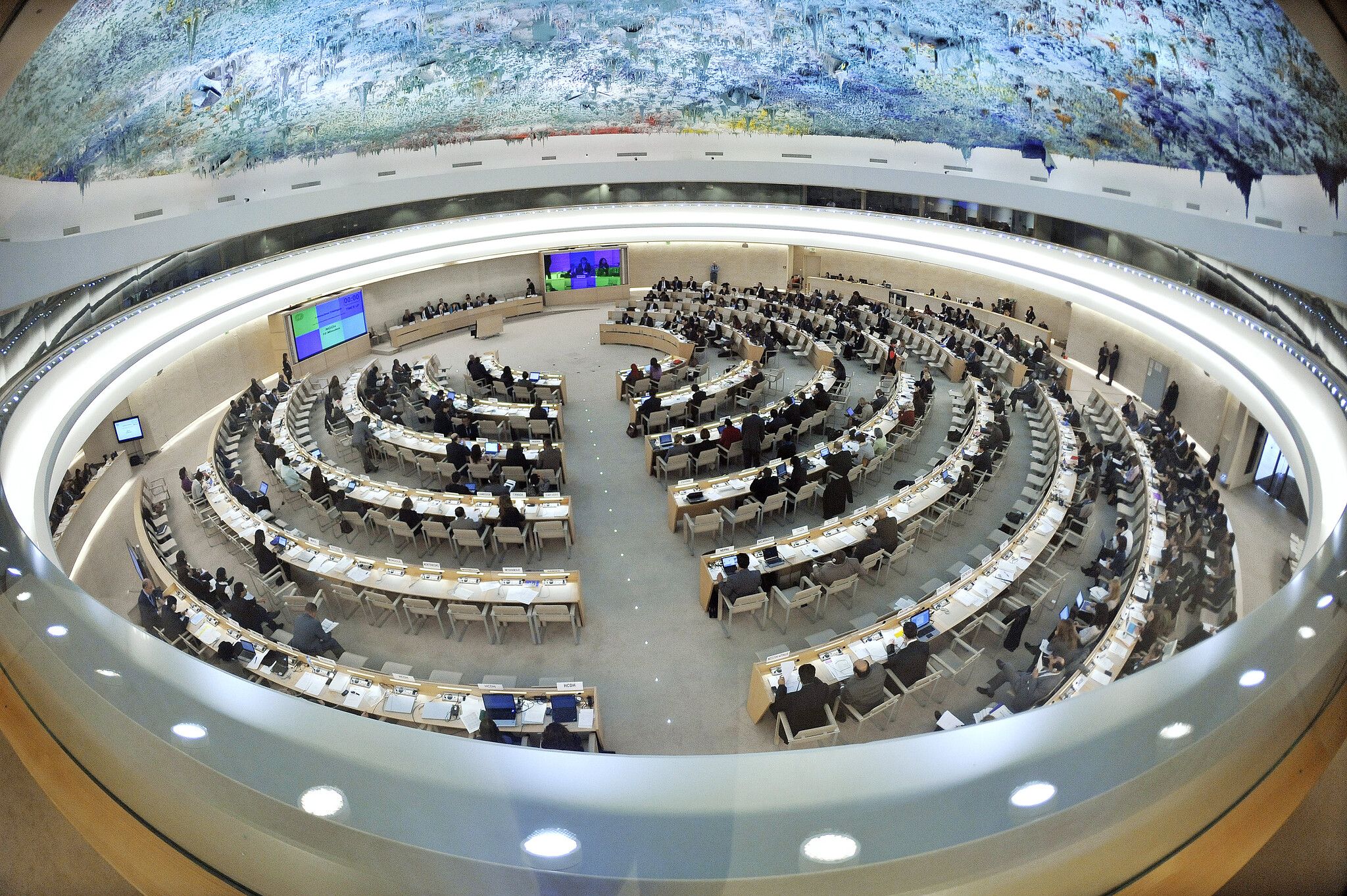Denmark’s first ever tenure on the UN Human Rights Council has come to an end after three years.
And the foreign minister, Jeppe Kofod, has been quick to hail the success of its debut.
Punching above our weight
Denmark took the opportunity of its membership to shape the global values agenda as much as possible, making improvements in the areas of children’s rights, civil rights, female empowerment, fighting torture, opposing child marriages, and opposing human rights violations in the likes of Saudi Arabia, Afghanistan and Belarus.
“Our membership has shown that we as a small country can make a difference,” applauded Kofod.
Belated Xmas prezzies: Tsunami Reserve finds good homes across the globe
Denmark ended the year by allocating 150 million kroner of emergency aid. It came from its Tsunami Reserve – funds put aside every year in case one very obvious beneficiary emerges. Burkina Faso (35 million), the Horn of Africa (28.4), Myanmar (25), Somalia (25), Mali (20) and Palestine (15) were the main beneficiaries.
More funding to ease suffering in Syria and surrounding countries
The Foreign Ministry has allocated 130 million kroner to Danish NGOs involved in emergency humanitarian efforts in Syria and neighbouring countries such as Lebanon and Jordan. The money will mainly be spent on providing urgent humanitarian needs to women and children. The allocation took Denmark’s spending in the area in 2021 to more than 750 million kroner. Most of the funding enables the work of the UN and Danish NGOs. While 90 percent of the Syrian population live in poverty, another 5.6 million live in dire circumstances outside its borders. The Syrian conflict, meanwhile, has now entered its 11th year with no end in sight.
National police officially investigating Bahrain allegations
Rigspolitiet, the Danish national police force, is now officially investigating the revelations that the Danish IT company Systematic has been selling military software to Bahrain via a British subsidiary, which the dictatorship can potentially use to crack down on pro-democracy protests. First reported by TV2 and Danwatch, the Ministry of Justice has instructed Rigspolitiet to take action. It was already investigating Systematic’s exports to the UAE. An EU resolution warns companies in all EU member states to not export military and surveillance equipment to oppressive regimes.
Another four years for NGOs in partnership with government
Flemming Møller Mortensen, the minister for development aid, has signed four-year deals with 18 Danish NGOs, which will share 1.264 billion kroner annually to help some of the world’s poorest countries. The strategy, ‘Fælles om Verden’, primarily seeks to prevent and combat poverty and inequality, conflict and displacement, irregular migration and fragility, and climate change. Of the 18 strategic partners, 16 were also partners from 2018-2021. The two new organisations are Verdens Skove and SOS Børnebyerne. DanChurchAid is the biggest beneficiary, followed by Dansk Flygtningehjælp and the Danish Red Cross.
Danish woman killed in Cairo suburb
A Danish woman has lost her life in Egypt. The 52-year-old is reported to have been unlawfully killed in her apartment in the town of Sheikh Zayed just south of Cairo between Christmas and New Year. She had been a resident of Egypt since 2004. Early reports of the killing claimed the woman was in her 30s, but this has since been disproved. Her two adult sons confirmed her age after being informed of her death after New Year.
Highest tax burden in the world
Denmark has the highest tax burden of any OECD nation, according to a new report. The average burden per tax-payer is 46.5 percent, placing it ahead of France (45.4). In the same assessment in 2018, Denmark ranked in second place. The average annual income in Denmark is around 290,000 kroner. A Gallup survey of Danish people in 2014 revealed that almost nine out of ten were happy to pay the high taxes.












